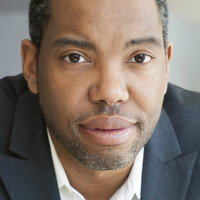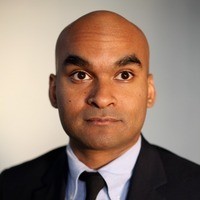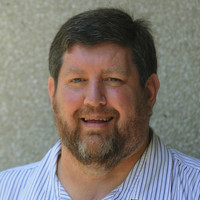Kelsey McKinney is a features writer and co-owner at Defector.com. She hosts the podcast Normal Gossip and is the author of the upcoming book You Didn't Hear This From Me: (Mostly) True Notes on Gossip.
“I was always very interested in how you strategize a creative career. And I think that that is an unsexy thing to talk about, right? It's much sexier to be like, Oh, I love working on my sentence-level craft, which is not true for me. But I think that a lot of a creative career is understanding it is still a job, and then understanding how you make sure that within the container of the job you can do the work that you want to do. That is a really difficult balance to make. So if you can understand how people who have done it before you, you can copy them.”




















